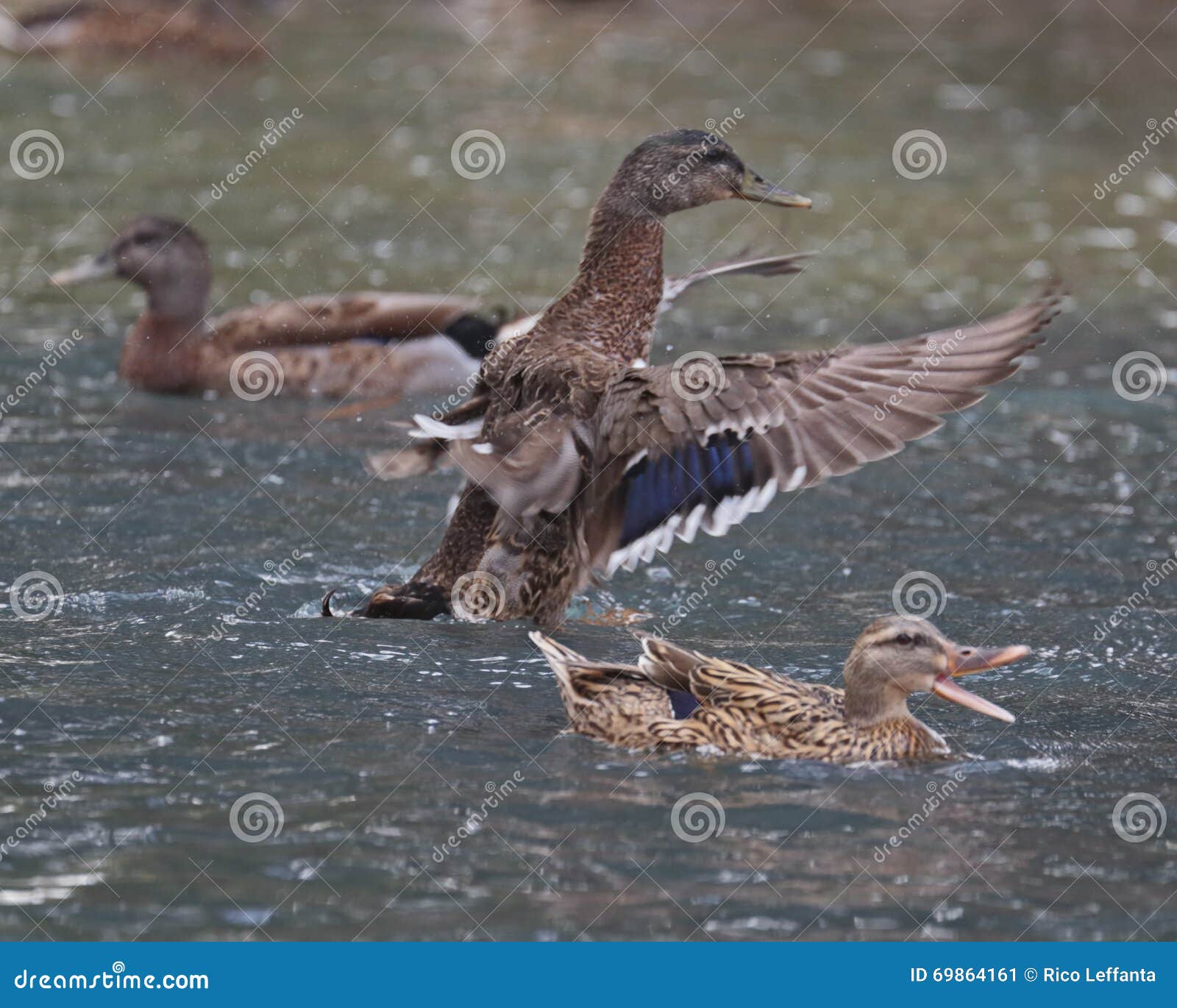

It is also notable for keeping in mind that each duck is an individual. However, ducks can make other noises besides quacking:ĭucks can also purr, squeak, and whistle. What Other Noises Do Ducks Make?ĭucks are known for making a lot of noise. While male and female ducks have vocal cords, male ducks cannot quack. Male ducks sound mellow and quiet and have their special mating call. It is easy to distinguish a female duck sound from a male duck sound.

They are adorable, and even their little noses are cute.ĭucklings will chirp for the following reasons:ĭucklings may also chirp when they are feeling sick. Do Ducklings Quack?īaby ducks don’t quack. It is standard for most duck breeds to begin egg laying when they are around six months old. The duck may also be boasting because they are happy and proud of themselves for laying the eggs. The duck calls the other ducks to come and help incubate the eggs. It is a call to the other ducks that a nest has been made with eggs in it. Quacking may also be a call for companionship, as a duck first awakens. Ducks not only quack continually in a high-pitched tone when they are happy, but they will also bob their heads up and down. The reason for these positive emotions is that the duck is enthusiastic about starting their day. When a duck quacks in the morning, they often feel: If you want a pet duck, you may need to make sure you do not have neighbors too close, or the quacking could wake them up at night! Ducks Quack in the Morning However, when a duck is domesticated, they feel safe and will likely quack throughout the night. In the wild, ducks will stay active at night to throw off any predators that may be searching for prey to eat.ĭucks trying to avoid a threat may even remain quiet and hide. When ducks are feeding at night, they may quack. When a duck quacks at night, they warn their fellow flock that a predator is lurking. And happy ducks make for better tasting eggs. It helps the ducks to stay together and prevents them from getting lost.Ĭheck out these Duck Feeders and Duck Pellets found on Amazon, along with a couple Toys for Ducks and you’ll have some very happy ducks. Their quacks will lead their partner back to them. When a duck becomes separated from their mate, they may quack so that the missing mate can find them again. It is common in birds who are monogamous.

#Mallard duck sounds full#
Here’s a full video guide on the different sounds ducks make:ĭucks may quack when they are feeling lonely. Mother ducks will also quack at humans and other animals as a warning to stay away from her babies. The young duckling will respond, and she will be able to find her baby. Mother ducks will quack when they cannot find one of their young. Loud, persistent quacks are usually the signal utilized to warn other ducks.įemale ducks also use quacking to claim a nesting area when they are preparing to lay their eggs.įemale ducks are very protective of their ducklings. If a predator is coming near, the mother duck will alert her little ones to keep them safe. Mother ducks will sometimes quack to her ducklings to make them aware that there is danger around them. A duck may quack so that the other ducks may find them, which can be challenging when there is a larger group of ducks in the water. Ducks will quack to allow other ducks to locate their position. Ducks often quack to send messages to each other. Ducks Quack to Communicateĭucks have a unique way of communicating with each other called quacking. The following are reasons why ducks quack. The quacking sound that ducks make primarily comes from the Mallard duck. The duck quack is unmistakable and familiar. The sound can vary in degrees of loudness and frequency.


 0 kommentar(er)
0 kommentar(er)
